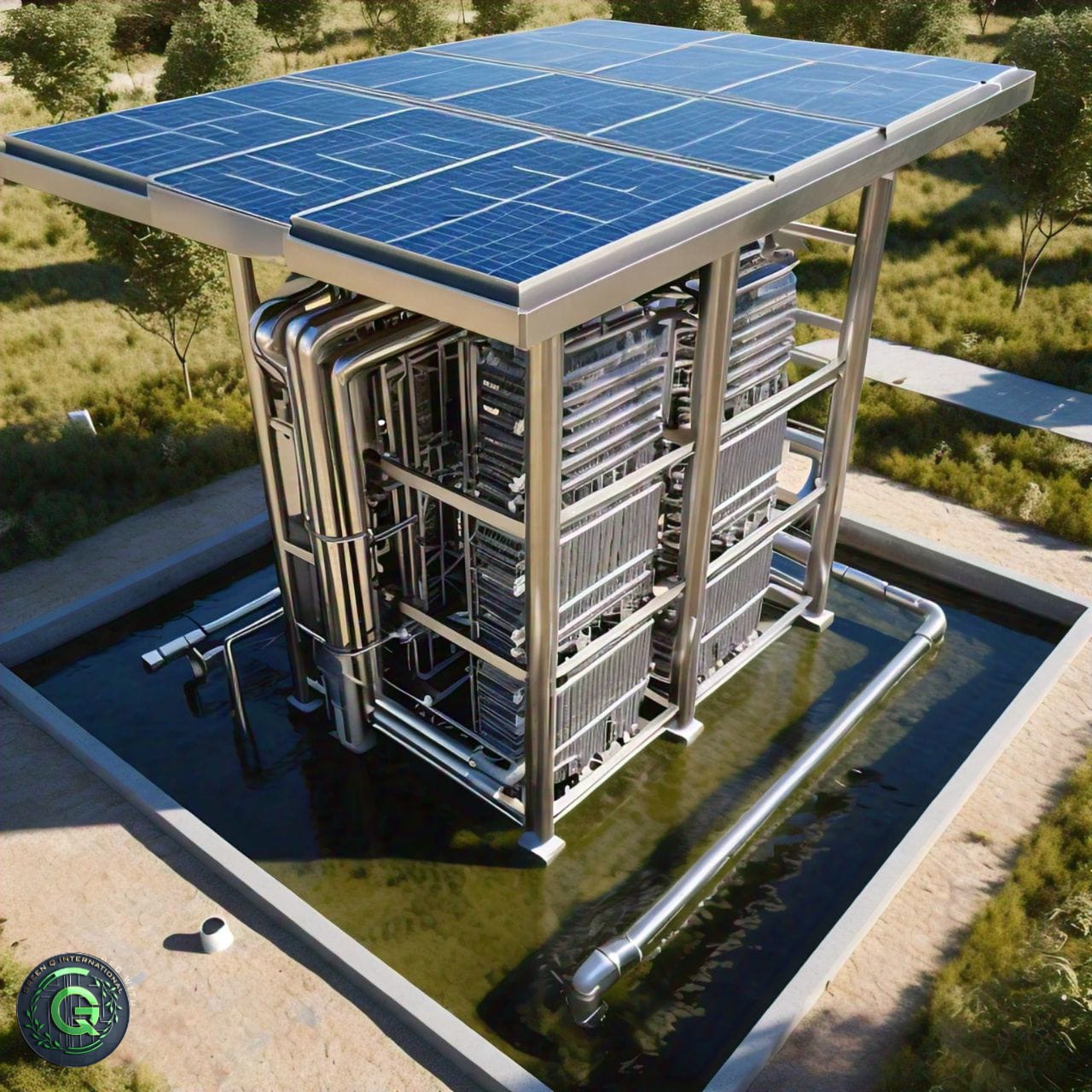Rainwater harvesting (RWH) is the practice of collecting and storing rainwater for later use. It's a sustainable way to conserve water and manage stormwater runoff. RWH can be done in a variety of ways, including:
Roof-based:
Collecting rainwater from a roof and channeling it into a storage vessel
Land-based:
Collecting rainwater from other
impervious surfaces, such as sloping or plain ground
Groundwater recharge:
Constructing structures to recharge the groundwater with rainwater.
RWH has many benefits, including:
Reduced water bills:
RWH systems can be cost-effective and reduce your reliance on municipal water supplies
Ecological benefits:
Storing water underground is environmentally friendly
Reduced flooding:
RWH can help reduce flooding and erosion by reducing the flow of stormwater
Groundwater recharge:
RWH can help recharge the groundwater table
RWH systems can be designed for different scales, from households to communities and public facilities.


